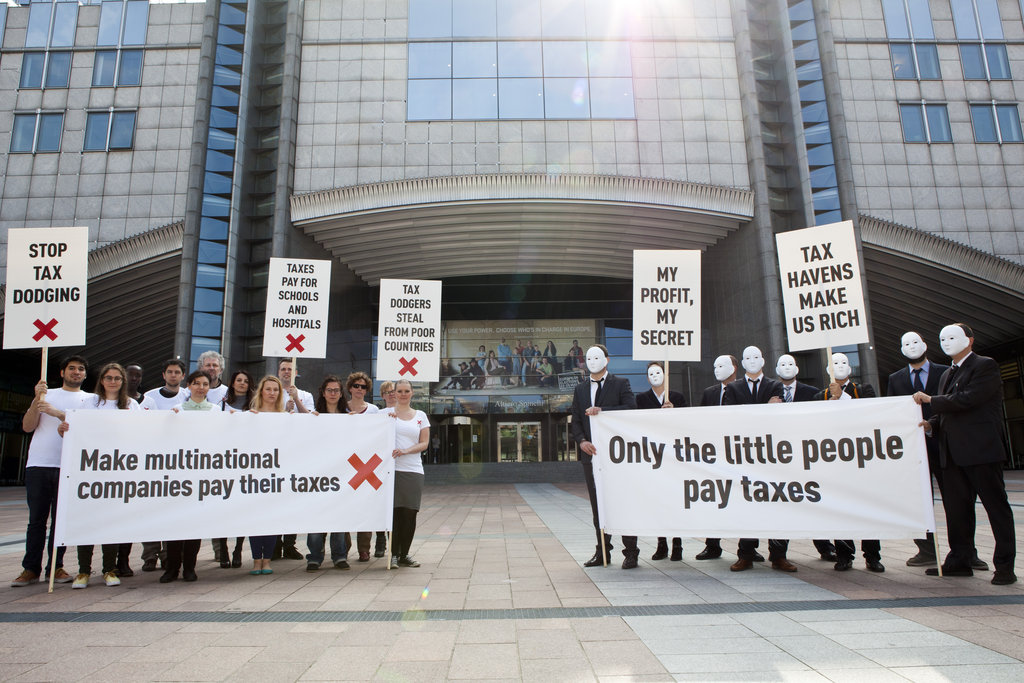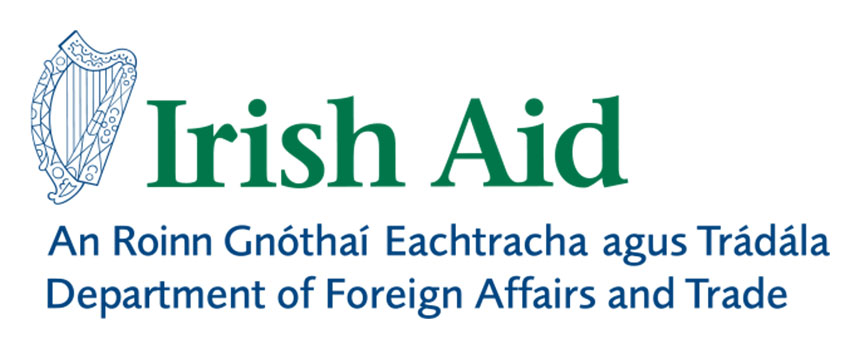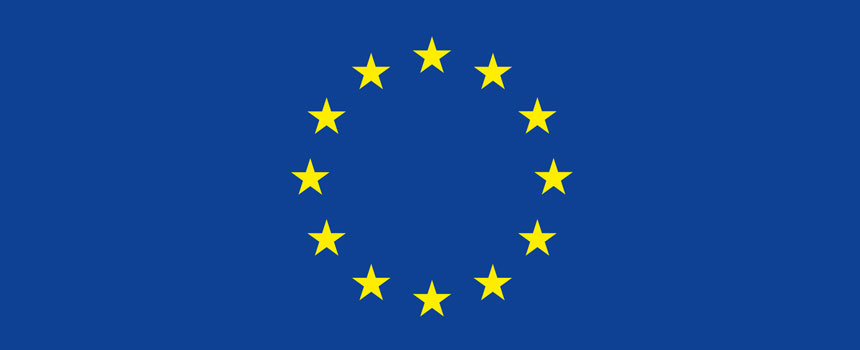EU Tax Policies Draining Resources From Developing Countries:
12 November 2014

EU TAX POLICIES DRAINING RESOURCES FROM DEVELOPING COUNTRIES:
Ireland scores poorly in new report which shows that EU governments are hurting countries of the Global South through their tax policies.
A new report, Hidden Profits, published by 19 tax justice campaign groups across the EU, compares the performance of 15 EU governments on combating tax dodging and ensuring financial transparency globally. The report finds that, as a group, the EU is failing to address global tax dodging and shows Ireland scoring poorly in key areas. This includes the Irish government's failure to introduce a centralised public register of the real owners of companies and trusts, a key measure to combat financial secrecy on a global scale.
Nessa Ní Chasaide, Co-ordinator of Debt and Development Coalition Ireland, said,
“Our report, ’Hidden Profits’, examines whether EU governments are delivering on their promises to fight tax dodging and financial secrecy, and the result is deeply disappointing. Progress is far too slow and some countries are even moving backwards. This hard hitting report shows that, thanks to flawed Irish and European policies, tax dodgers still have a place to hide.”
Hidden Profits highlights that EU governments are currently in intense negotiations about whether to put an end to anonymous company structures by establishing registers of the beneficial (or real) owners of companies and trusts.
Morína O'Neill, Policy Officer with Debt and Development Coalition Ireland, said
“It’s decision-making time for EU governments on financial transparency. We know that questionable anonymous shell-companies and trusts are being used to hide or launder money for tax dodging purposes. Ireland and other EU governments have a unique chance to put an end to this by establishing public registers of the real owners of companies and trusts. However, our report, ‘Hidden Profits’, shows that Ireland, and many EU governments, are hesitating to take action to create the financial transparency they've promised their citizens.”
Hidden Profits comes at a time of intense debate on International taxation. The authors point out that the Irish government is rightly coming under the spotlight. Ireland’s very slow phase-out the 'Double Irish' scheme, the current EC investigation into Ireland's unethical tax arrangements with Apple, and the 'LuxLeaks' last week, all demonstrate Ireland's active role in facilitating aggressive corporate tax planning.
Ms O’ Neill continued,
“Ireland’s international reputation has been damaged by a tax regime which is designed to privilege transnational corporations and encourage a race to the bottom in international tax competition. Ireland’s recent budget favoured corporates over the people, with incentives designed to compensate for the phasing out of the 'Double Irish'. At a minimum, if its rhetoric on tax transparency is to be believed, Ireland must take action by supporting the establishment of public registers of the real owners of companies.”
In the current negotiations on beneficial ownership of companies, the Irish government’s position has been to support the idea that the owners of companies should be known, but it has not stated whether it will set up a publicly available, centralised register in Ireland. Nor has it stated whether both companies and trusts would be covered by such a register. DDCI believes that people in Ireland have a right to know who the real owners of companies registered in Ireland are, and who is benefiting from Ireland’s generous tax regime.
ENDS
CONTACT: To request an interview or for further information please contact Nessa Ní Chasaide on 01 6174835 or 087 7507001
NOTES TO EDITORS:
Here is a summary of Hidden Profits and the chapter on Ireland
As well as failing to set up a public register of the beneficial owners of companies and trusts, Hidden Profits shows that Ireland has not moved forward with requiring country-by-country financial reporting for multinational corporations. To date, it seems that Ireland will move on these two issues only when it must move collectively. Ireland also scores poorly in promoting the interests of developing countries in tax treaties. Finally, Ireland scores especially badly on supporting the inclusion of developing countries in decision making on international tax policy, a process currently led by the OECD which excludes developing countries, although they are of course impacted upon by international tax rules.
A direct comparison of the 15 countries finds that:
- France is currently the strongest country on issues of transparency and reporting rules for transnational corporations and has actively championed the issue. However, recent developments seem to indicate the government may be back-tracking. Its vast range of tax treaties have caused substantial lowering of developing country tax rates, meaning vital revenues are being lost.
- Germany, Luxembourg, the Netherlands, Spain and Sweden are all bad performers on transparency, either in relation to the lack of information they give about company ownership at the national level or because they are resisting EU-wide initiatives to promote transparency on company ownership. This secrecy is helping companies to dodge taxes and shift profits.
- Spain has managed to negotiate the largest reductions in tax rates through its tax treaties with developing countries, which are then losing out on tax revenues.
Current EU negotiations on a public register of beneficial owners of companies and trusts: Negotiations on the establishment of a public register of beneficial owners of companies and trusts is taking place within the trialogue meetings on the Anti-Money Directive. Two meetings have so far taken place on the 9th October and 4th November. Trialogue meetings bring together the European Parliament (EP), Commission (EC) and Council and is a forum to discuss and agree on the contentious areas of the Directive. A meeting will take place on the 25th November and a decision on the registers may be taken at that point.


